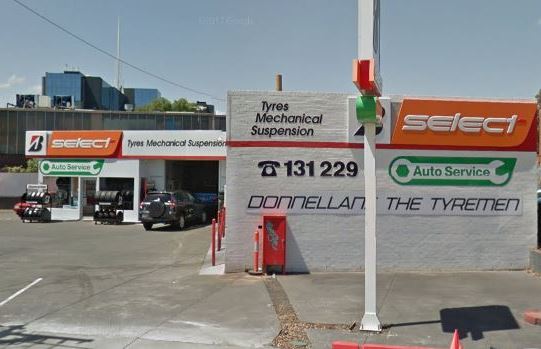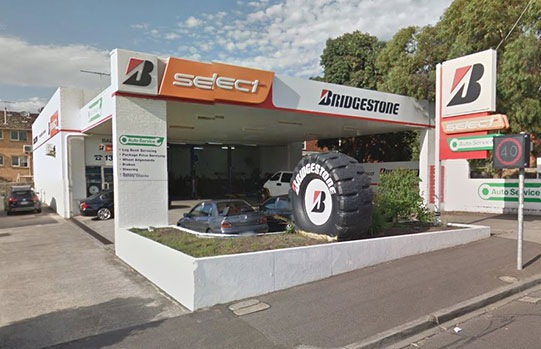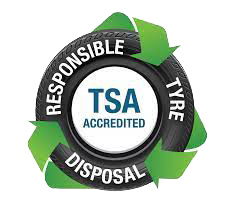Back to Latest News
Recognising the Symptoms of a Failing Car Battery

The car battery is a vital component of your vehicle, providing energy to start the engine, power electrical accessories and help regulate and smooth out voltage fluctuations. However, like all parts, it has a limited lifespan and can start to show signs of failure. Recognising these symptoms early can prevent you from being stranded and save you time and money. This article will delve into the common indicators of a bad car battery, helping you to identify and address issues before they escalate.
Why do batteries wear out?
Even if you don’t drive an electric vehicle, your vehicle relies heavily on the battery for starting the engine. The most common type of battery used in vehicles is the good old-fashioned lead-acid battery. Favoured for their ultra-high capacity for large currents, simplicity of manufacture and cost, they have a few drawbacks.
Compared to other types of batteries, lead-acid batteries are typically vulnerable to heat, vibrations and physical damage, all of which they’re exposed to in the engine bay of your vehicle. Under normal circumstances, you can expect your car battery to reliably last between 3 to 5 years, although this can vary wildly with a number of factors.
Slow Engine Crank and Starting Issues
One of the first and most noticeable symptoms of a failing battery is a slow engine crank. When you turn the ignition key, you may notice that the engine takes longer than usual to start, or it may sound sluggish and weak. This is often a clear sign that the battery is failing to maintain its charge and struggling to provide the necessary power to start the engine. If you experience slow cranking, difficulty starting your engine or any other starting issues, it's time to get your battery and charging system checked by the professional team at Donnellans.
Dim Lights and Electrical Problems
The car battery is responsible for powering all the electrical components in your vehicle. If you notice that your headlights are dimmer than usual when the engine is idling, this could be a sign of a weak battery or charging system. Additionally, if other electrical components like the dashboard lights, radio, or power windows are malfunctioning or operating slower than normal, these can also be indicators of a battery losing its charge.
Warning Lights and Odd Noises
Many modern vehicles are equipped with a battery warning light on the dashboard that illuminates when there is an issue with the charging system. If this light comes on, it's a clear signal to have your battery and charging system inspected. Furthermore, a failing battery can sometimes cause strange noises, such as clicking sounds when you turn the ignition. These noises occur because the battery is struggling to provide enough power to the starter motor.
Swollen Battery Case and Corrosion
A visual inspection of the battery can also reveal problems. If the battery case appears swollen or bloated, it's a sign that the battery has been exposed to excessive heat and is deteriorating. Corrosion around the battery terminals is another red flag. White, ashy deposits on the terminals can indicate a battery leak or that it's nearing the end of its life.
Have your battery tested!
Being aware of the symptoms of a bad car battery is crucial for maintaining your vehicle's reliability and your safety on the road. If you notice any of these signs, it's important to have your battery tested by a professional. Regular battery checks and maintenance can extend the life of your battery and help ensure your vehicle remains in good working order. Remember, the health of your car battery is not something to be overlooked.






